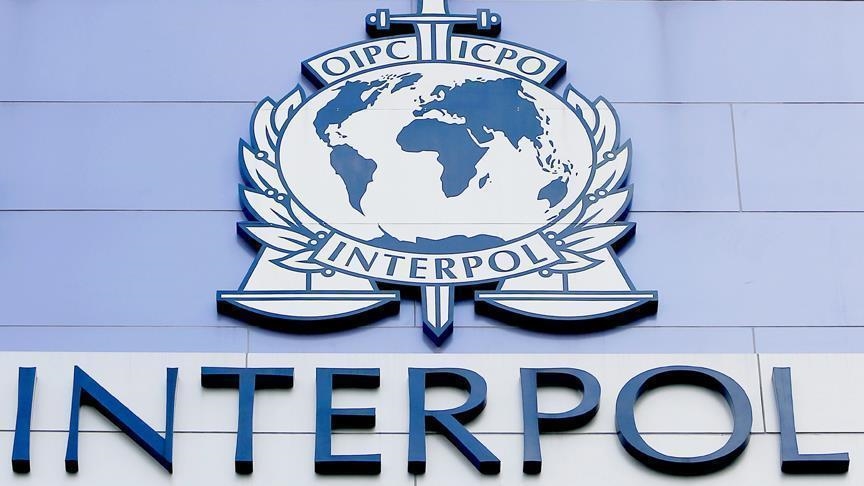INTERPOL reports over 1,200 arrests in Africa-wide cybercrime operation
A continent-wide crackdown on cybercrime in Africa led to 1,200 arrests, nearly $100 million seized, and the shutdown of illegal crypto and fraud networks.

INTERPOL has announced that a continent-wide law enforcement initiative targeting cybercrime and fraud networks led to more than 1,200 arrests between June and August 2025. The operation, known as Serengeti 2.0, was carried out across multiple African states and focused on ransomware, online fraud, and business email compromise schemes. Authorities reported the recovery of approximately USD 97.4 million, allegedly stolen from more than 88,000 victims worldwide.
In Angola, police closed 25 unauthorised cryptocurrency mining sites, reportedly operated by 60 Chinese nationals. In Zambia, authorities dismantled a large-scale fraudulent investment scheme involving cryptocurrency platforms, which is estimated to have defrauded around 65,000 individuals of roughly USD 300 million. Fifteen suspects were detained, and assets, including domains, mobile numbers, and bank accounts, were seized.
In a separate raid in Lusaka, police disrupted a suspected human trafficking network and confiscated hundreds of forged passports from seven different countries.
INTERPOL has previously noted that Africa’s rapid uptake of digital technologies, particularly in finance and e-commerce, has increased the scope for cybercriminal activity. At the same time, comparatively weak cybersecurity frameworks have left financial institutions and government systems exposed to data breaches, economic losses, and disruption to trade.
Separately, in June, a Nigerian court sentenced nine Chinese nationals to prison for running an online fraud syndicate that recruited young Nigerians. Following the verdict, China’s ambassador to Nigeria proposed the creation of a joint working group to investigate cybercrime involving Chinese nationals in the region.
Would you like to learn more about AI, tech and digital diplomacy? If so, ask our Diplo chatbot!
